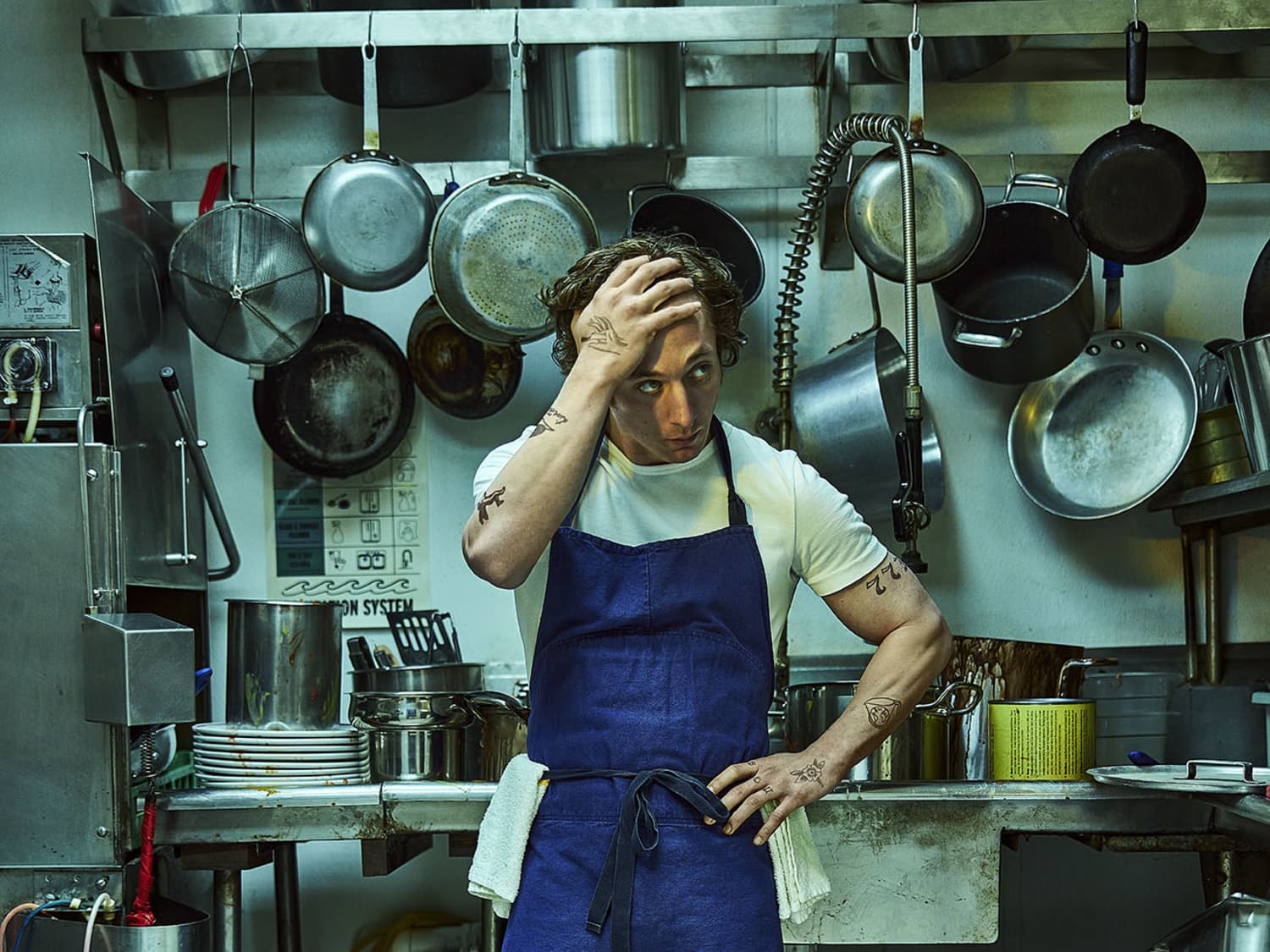Why Chefs Wear a Towel on Their Hip and Never on Their Shoulder
If you're a fan of FX's hit show "The Bear," you've likely noticed the intense, fast-paced environment of a professional kitchen. The show is a treasure trove of culinary insights, capturing the essence of kitchen life with remarkable authenticity. One small yet significant detail depicted in the series is how chefs carry their towels: always on the hip, and never on the shoulder. This seemingly minor practice is rooted in practicality, hygiene, and professionalism. Let's explore why this tradition is upheld and why it's so crucial in the culinary world.
The Bear: A Glimpse into Real Kitchen Life
If you’ve not yet watched "The Bea,r'' it revolves around Carmy, a fine-dining chef who returns to run his family's sandwich shop. The show meticulously portrays the daily grind, crew camaraderie, and unspoken rules of kitchen life. While the show often takes comedic liberties, many notable chefs have commented on it’s relative authenticity. One example being the placement of the kitchen towel. Viewers quickly notice that chefs like Carmy wear their towels on their hips, a practice steeped in the culinary tradition that serves multiple essential functions.

Zeppoli Soft & Durable Kitchen Towels
Kitchen Towels Promote Practicality and Efficiency
In a bustling kitchen, every second counts. Chefs need quick access to their tools and towels without interrupting their workflow. Wearing a towel on the hip ensures it is always within easy reach. This accessibility is vital for wiping hands, cleaning surfaces, or handling hot pans swiftly and efficiently. In "The Bear," we see how Carmy and his team move seamlessly around the kitchen, each movement calculated to maintain the flow and avoid delays. The hip placement of the towel is a subtle but crucial part of this choreography.
Where You Wear a Kitchen Towel Affect Hygiene and Safety
Hygiene is paramount in any kitchen. Placing a towel on the shoulder can lead to contamination, as this area can easily come into contact with hair, sweat, and other contaminants. By keeping the towel on the hip, chefs minimize the risk of transferring these impurities to food or cooking surfaces. In "The Bear," the emphasis on cleanliness and avoiding cross-contamination reflects real-world kitchen standards, where even a small lapse can lead to significant health risks.
Professional kitchens adhere to strict hygiene protocols to ensure food safety. The placement of the towel on the hip aligns with these standards by reducing the chance of contaminants from the upper body coming into contact with the towel. This practice is not just about following rules but about protecting the health of diners and maintaining the integrity of the dishes being prepared.
Professionalism and Symbolism

The way a chef carries their towel is also a mark of their professionalism and respect for kitchen traditions. Wearing the towel on the hip signifies a commitment to industry standards and an understanding of the unspoken rules that govern kitchen operations. It's a small but telling detail that separates seasoned professionals from novices.
In "The Bear," Carmy's adherence to such details underscores his background in fine dining and his dedication to excellence. This respect for tradition and protocol is a central theme in the show, highlighting the discipline required to succeed in the culinary world. The towel on the hip becomes a symbol of a chef's training, experience, and commitment to maintaining high standards.
Conclusion
"The Bear" offers viewers a compelling look at the realities of kitchen life, capturing both the chaos and the order that define the culinary profession. The practice of wearing a towel on the hip, rather than the shoulder, is a reflection of this balance. It is rooted in practicality, ensuring quick access and efficiency. It upholds hygiene standards by minimizing contamination risks. And it symbolizes professionalism and respect for the culinary traditions that keep kitchens running smoothly.
By understanding the reasons behind this practice, we gain a deeper appreciation for the meticulous nature of professional kitchens and the chefs who dedicate their lives to maintaining these standards. So next time you see a chef with a towel on their hip, you'll know that it's more than just a habit—it's a testament to their craft and their commitment to excellence.

